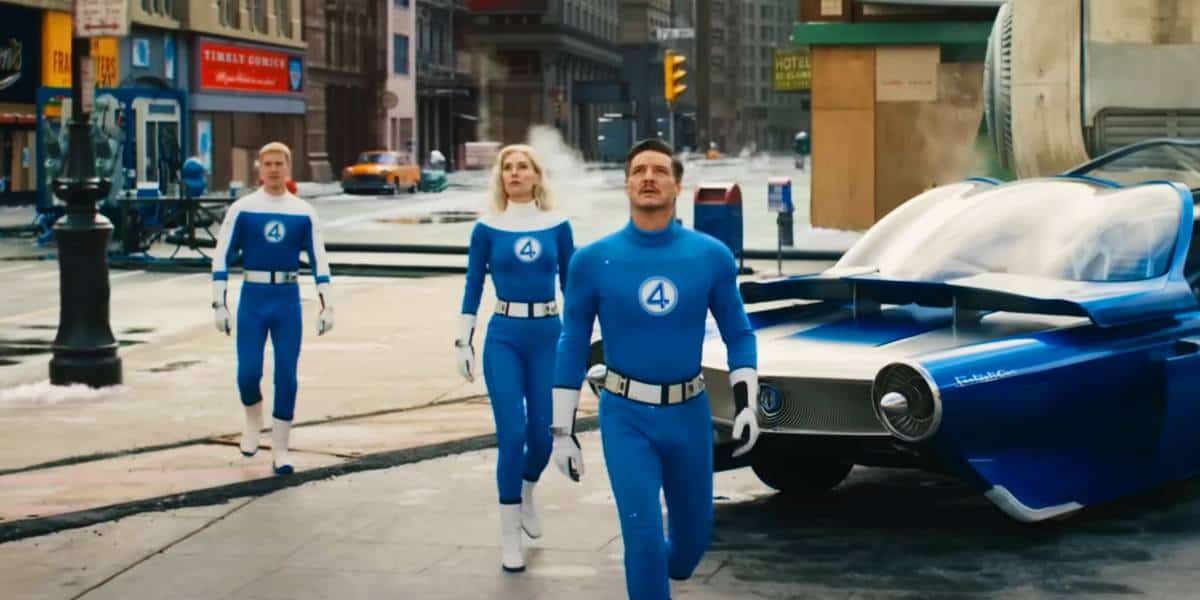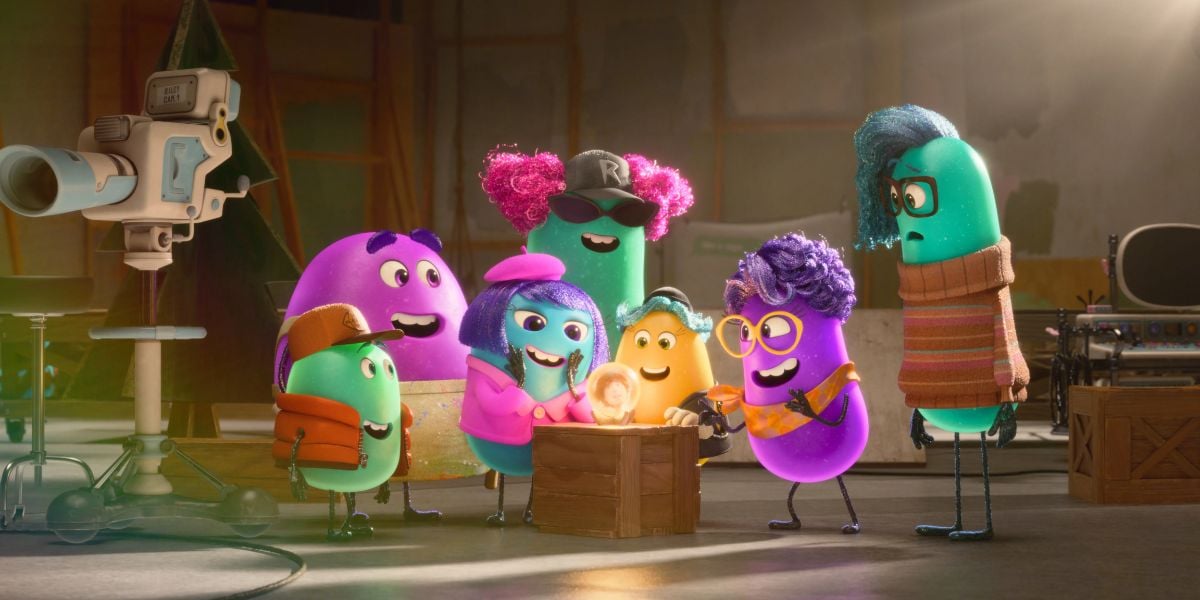Disney+ Blamed for Crippling Its Biggest Franchises, Report Says
When a company as powerful and far-reaching as Disney launches a new platform or service, the world takes notice. The debut of Disney+ in November 2019 was no exception. Marketed as a one-stop destination for everything from classic animated films and beloved live-action favorites to new original programming, the platform made a strong first impression. Fans of Disney, Pixar, Marvel, Star Wars, and more eagerly signed up, drawn by promises of exclusive series, immersive content, and a growing slate of new programming.

Related: New Disney+ Channel Aims to Bring Back the Magic for Disney Adults, and You Won’t Want to Miss Out!
For a time, it seemed Disney+ could do no wrong. Major franchises were expanding into television, new characters were being introduced, and longtime fans had access to more content than ever before. But beneath the surface, all may not have been as successful as it seemed. A closer look reveals signs that the streamer’s nonstop content push might have had unintended consequences, especially for some of Disney’s most iconic brands.
Over the past five years, Disney+ has rolled out more than 80 original shows, nearly 30 short films, and around 40 original movies. Some became breakout successes. The Mandalorian helped usher in a new era for Star Wars, WandaVision redefined what a superhero series could look like, and Percy Jackson and the Olympians found a new generation of fans. Series like Loki, Ahsoka, and Andor also performed well, continuing to deepen fan engagement.

Related: Disney Settles Major Lawsuit After Controversial Disney+ Series Sparks Outrage
But alongside those hits, a much larger number of series quietly faded into the background or were canceled altogether. Shows such as The Mysterious Benedict Society, National Treasure: Edge of History, Willow, Turner & Hooch, The Muppets Mayhem, American Born Chinese, and Big Shot failed to gain traction and disappeared from the spotlight.
This flood of content was, in theory, meant to feed interest in Disney’s bigger properties—like Marvel, Star Wars, and Pixar. But according to Marvel Studios President Kevin Feige and a detailed report from TheWrap, the streamer may have had the opposite effect.
Feige recently opened up about how Disney+ impacted the Marvel Cinematic Universe, pointing to the underperformance of The Marvels as a prime example. The 2023 film brought together Brie Larson’s Carol Danvers with two lesser-known characters introduced in Disney+ shows: Teyonah Parris’ Monica Rambeau and Iman Vellani’s Kamala Khan.

Related: Kevin Feige Teases Fantastic Four’s Role in Avengers: Doomsday
Feige explained:
“People are like, ‘OK, I recognize her from a billion-dollar movie. But who are those other two? I guess they were in some TV show. I’ll skip it,’” referring to how unfamiliar characters from streaming series didn’t resonate with general audiences. Later, he was even more direct: “The expansion is what devalued [the Marvel brand]. It was just too much. It was a big company push. And it doesn’t take too much to push us to go. There was a mandate that we were put in the middle of.”
TheWrap’s reporting goes beyond Marvel, revealing that Pixar and Lucasfilm have also struggled with the pressure to produce for Disney+.

Related: Disney Revives Scrapped Marvel Movie as Robert Downey Jr. Returns to MCU
“Nearly every one of Disney’s core brands – in addition to Marvel Studios, Pixar and Lucasfilm – have been diminished by the company’s direct-to-consumer streaming platform and that platform’s insatiable thirst for fresh content.”
“Over the last five years, Marvel and Star Wars Disney+ shows — with some exceptions — have seen declining streaming minutes as each subsequent series debuts, with Star Wars peaking with the second season of ‘The Mandalorian’ in 2021 through ‘Skeleton Crew’ in 2024, which failed to even make the weekly top 10 for Nielsen.”

Related: Pixar Movies Keep Flopping, and Fans Think They Know Why
The evidence continues to mount when looking at the theatrical side of things. Pixar’s Elio, which debuted in June 2025, had the studio’s worst box office opening in history. Despite being a high-profile release with a hefty budget, the film pulled in just $138.6 million globally, ranking below previous underperformers like Onward (2020), Luca (2021), and Turning Red (2022)—all of which faced their own challenges during the COVID-era.
Marvel fared only marginally better. Captain America: Brave New World earned $415 million globally, while Thunderbolts brought in $382 million—both falling short when weighed against their reported $200 million production budgets. Even The Fantastic Four, which was expected to reinvigorate interest in the MCU, dropped a massive 66% after its $118 million opening weekend. The trend suggests that the oversaturation of characters and narratives may have turned away moviegoers who once felt invested in every installment.

Pixar’s continued struggles also reflect how the Disney+ strategy may have disrupted its decades-long reputation for quality storytelling. Internally, staff reportedly voiced frustration about the company’s shift in focus, with one employee describing the Elio situation as “catastrophic.” A report also noted that some employees were particularly dismayed by the erasure of LGBTQ themes in the final version of the film—another signal of creative tension behind the scenes.
Disney CEO Bob Iger, who returned to lead the company in late 2022, has acknowledged that Disney+ played a role in the company’s recent creative and financial setbacks. At a company town hall, Iger said that Disney had been churning out too much content, losing sight of the quality fans had come to expect. Under his direction, budgets for original shows have been trimmed, underperforming series have been canceled, and the company is moving toward a more selective, deliberate approach to content development.
Iger has stated that Marvel and Star Wars content will continue to be produced for the platform, but in smaller quantities and with a more critical lens. This pivot may come too late for some recent releases, but Disney leadership appears determined to rebalance its streaming strategy moving forward.
Do you think Disney+ has helped or hurt the franchises you love? Should the company slow down its content machine, or are fans still hungry for more from these universes? What’s been your favorite Disney+ series so far—and what shows would you bring back if you could?
Let us know in the comments below.





